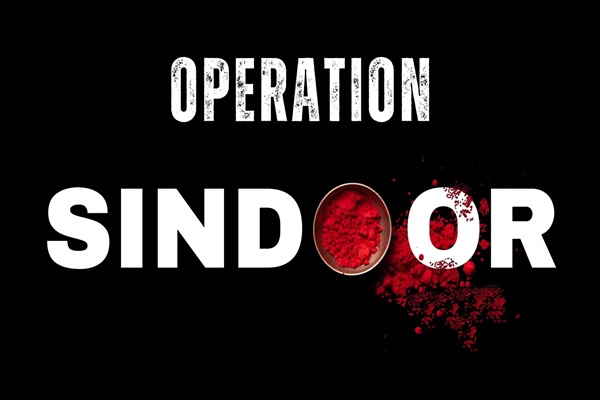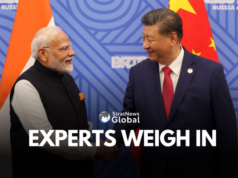“When the next attack comes, the world will be expecting that India will retaliate with something that is of the intensity of an Ops Sindoor and higher,” says Ambassador Ajay Bisaria, former high commissioner to Pakistan. He was part of a panel discussion in Delhi analysing the four days of Operation Sindoor.
It was also an opportunity to reflect on the “three key pillars” enunciated by Prime Minister Modi at a nationwide address earlier this week. It promises “decisive retaliation” in the event of a terrorist attack, “no tolerance to nuclear blackmail”, and “no distinction between terror sponsors and terrorists.”
But as former journalist and strategic affairs commentator Manoj Joshi argued, “The whole point with the doctrine is that you must act every time. This gives an individual terrorist the right to start an Indo-Pakistan crisis, India-Pakistan war.”
He argued that currently, the Pakistan Army runs the whole terrorist operation. But there is a chance it could lose control at some point. Then what happens?
“This is the reason why the Pakistan Army was present at the funerals (of terrorists). I think they are right now sharing in their rooms that they are at the point where they could lose control of their terrorists. But the problem is, if those terrorists get detached, then how will we handle it?”
The sense was that the “key pillars” need to be studied and implemented. Red lines need to be marked. Essentially, the problem is the Pakistan army, says Lt. Gen Raj Shukla (Retd), former chief of the Army Training Command that oversees training and military doctrine.
“All these problems will get solved if the Pak military submits to civilian control. The problem is that we have a professional military, but their military is thundering one, and has no civilian control.”
While Defence Minister Rajnath Singh has talked about “international intervention” to curb the nuclear sabre rattling of rogue states like Pakistan, Gen Shukla says the onus is on India to ensure it is prepared for the next eventuality, whatever that may be.
“We have to step up our defence budget, or we will discover, like Europe or America, that we do not have seven days of precision munitions and missiles in Taiwan, and China is manufacturing 10,000 cruise missiles a week. This year, at least 20 defence startups should be given orders. Deterrence is costly. But what is the cost? To spend so much that Pakistan doesn’t do the attack.”
While India has won this round against Pakistan, the nature of our western neighbour and the experience of history, makes another crisis inevitable. Pakistan will analyse their weaknessess and also the chinks in India’s armour and make suitable changes. It could even be that its partner China triggers a crisis. Either way, India to learn the lessons of Ops. Sindoor and gird for the next round, from whichever direction it may come.





